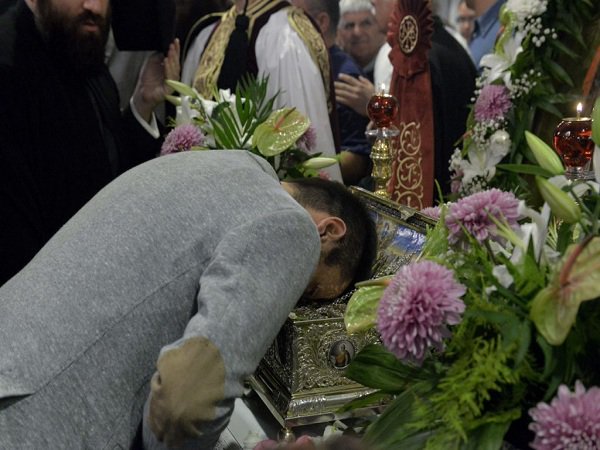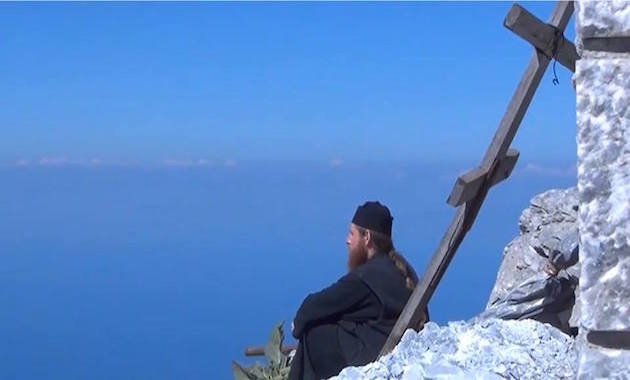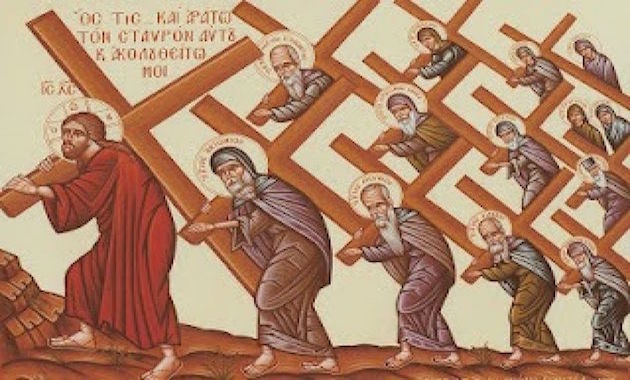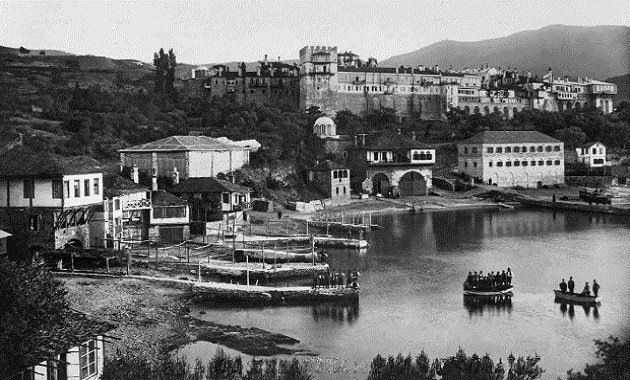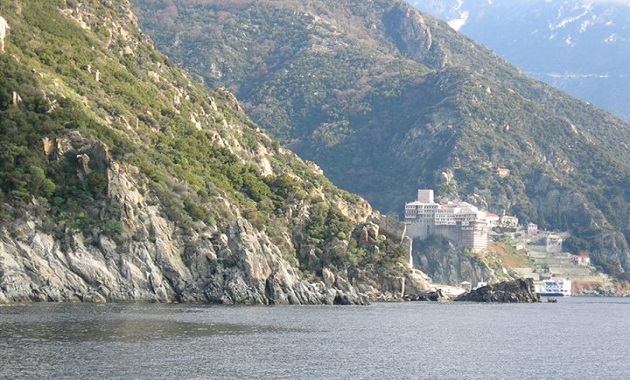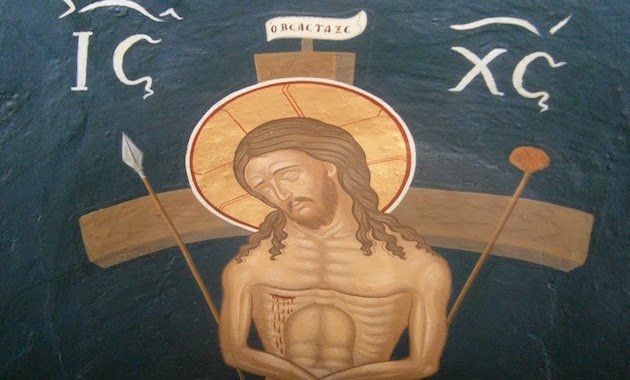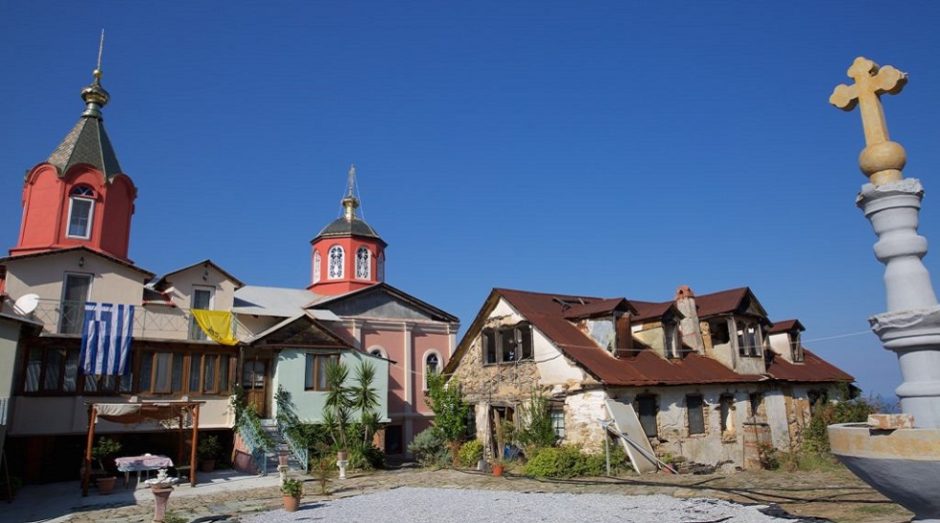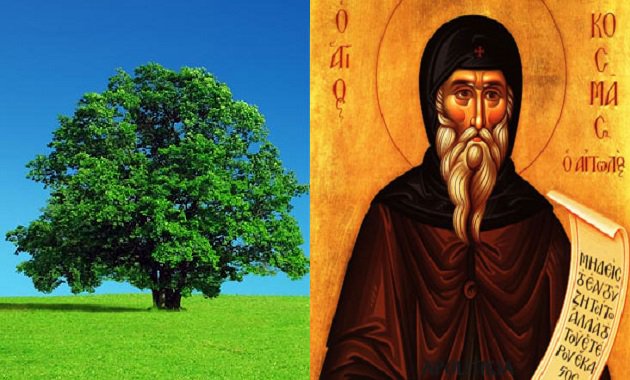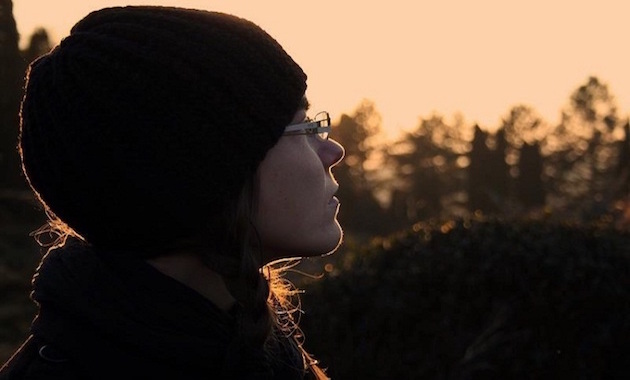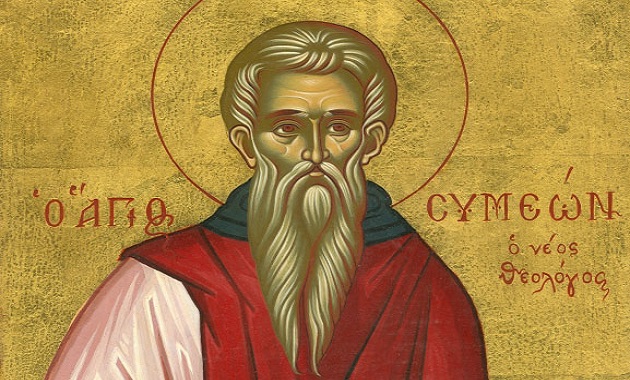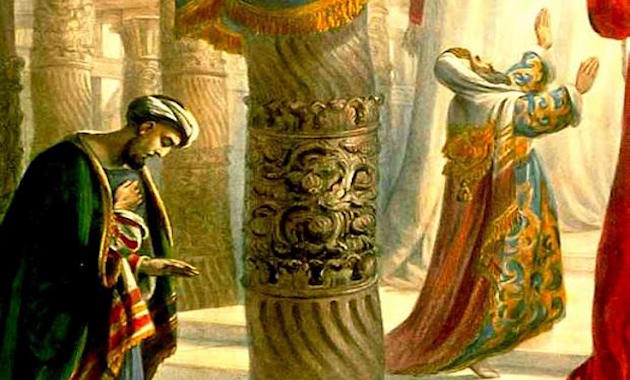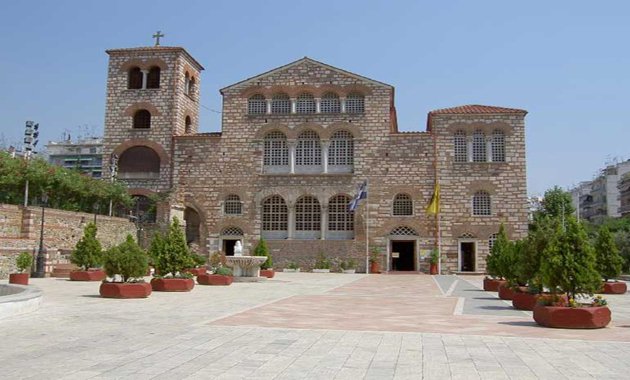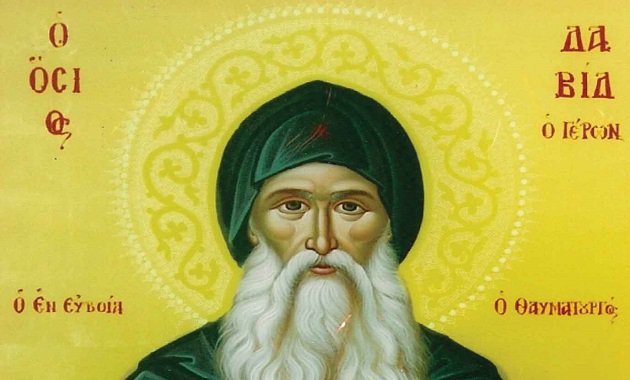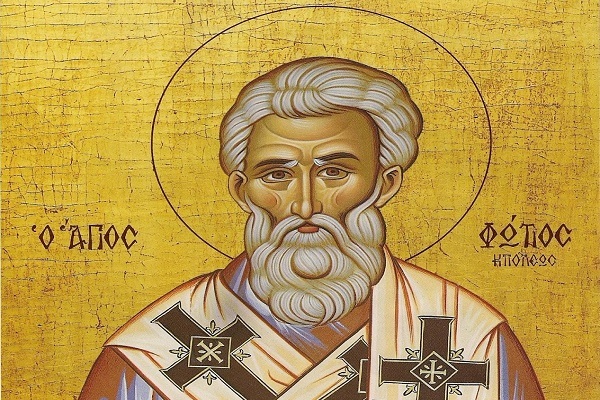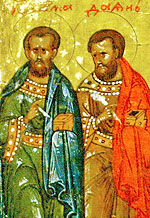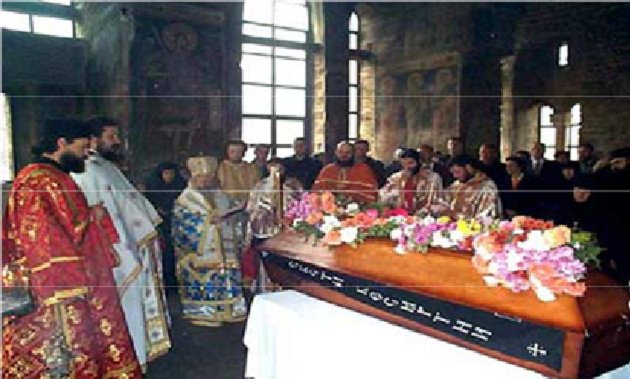
The Lord’s words, Fear not them which kill the body but are not able to kill the soul (Matt. 10:28) have inspired many generations of Christians over the past two thousand years, since the sacrificial crucifixion of our Redeemer and Savior Jesus Christ. Following these words, even our sinful yet cross-bearing people have produced many martyrs and saints from the inception of Christianity until now. Even today, when many have distanced themselves from Christ, there are God-thirsting souls who are prepared to follow Christ through death into eternal life. Such a one was Fr. Hariton. Fr. Hariton first saw this world on the feast day of St. Michael the Archangel, November 8/21, 1960, in the village of Lukovačka Reka at Kuršumlija . ...

